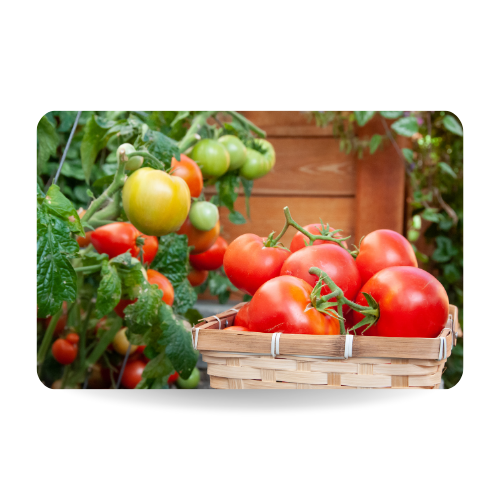Duration: 5 hours
Duration: 9 hours
Duration: 4.5 hours
Also available in: Français Español
The aim of this course is to provide practical guidance for implementing a cost-effective census strategy by coordinating the population and housing census with the agricultural census.
Duration: 8 hours
This course describes a series of analytical, educational and normative
methodologies that offer guidance and hands-on advice on the practical
aspects of the right to adequate food. It covers a wide range of
operational issues such as assessment, legislation, advocacy, education,
budgeting and monitoring of this human right.
Duration: 4 hours
This e-learning course explores key concepts present in the RuralInvest toolkit, such as the definition of what is an investment; why a participatory approach is important; the critical importance of sustainability and; the need to understand the priorities and capabilities of the beneficiaries.
Duration: 6 hours
Also available in: Español
This Reference Document is intended as a resource to support the practical integration of social transfers into programmes addressing hunger in development cooperation and aims to build a better understanding of the potential role of social transfers in addressing food insecurity and, in particular, the logic behind the idea of social transfers within the access-to-food component.
Tools and Methods Series Guidelines, Reference Document No 14
Version April, 2012
Also available in: Français
The course introduces spatial planning, identifying its rationale and benefits, its key principles and the main stages in the spatial planning process. It represents a useful reference for all those who want to promote and implement spatial planning in their countries as an instrument to reconcile and harmonize different, often conflicting, public and private interests on land, fisheries and forests.
Duration: 2 hours
The relationship between trade and food security is attracting increased attention on both the trade and development agendas, with trade recognized as one of the means for achieving the SDGs. The linkages between these concepts are highly complex and have been subject to intense debates. While on the one hand, agricultural trade is considered to balance food deficits and surpluses and broaden consumer choice, on the other, it is also implicated in exposing small-scale value chain actors to greater competition, and speeding up a nutrition transition.
Duration: 7h
